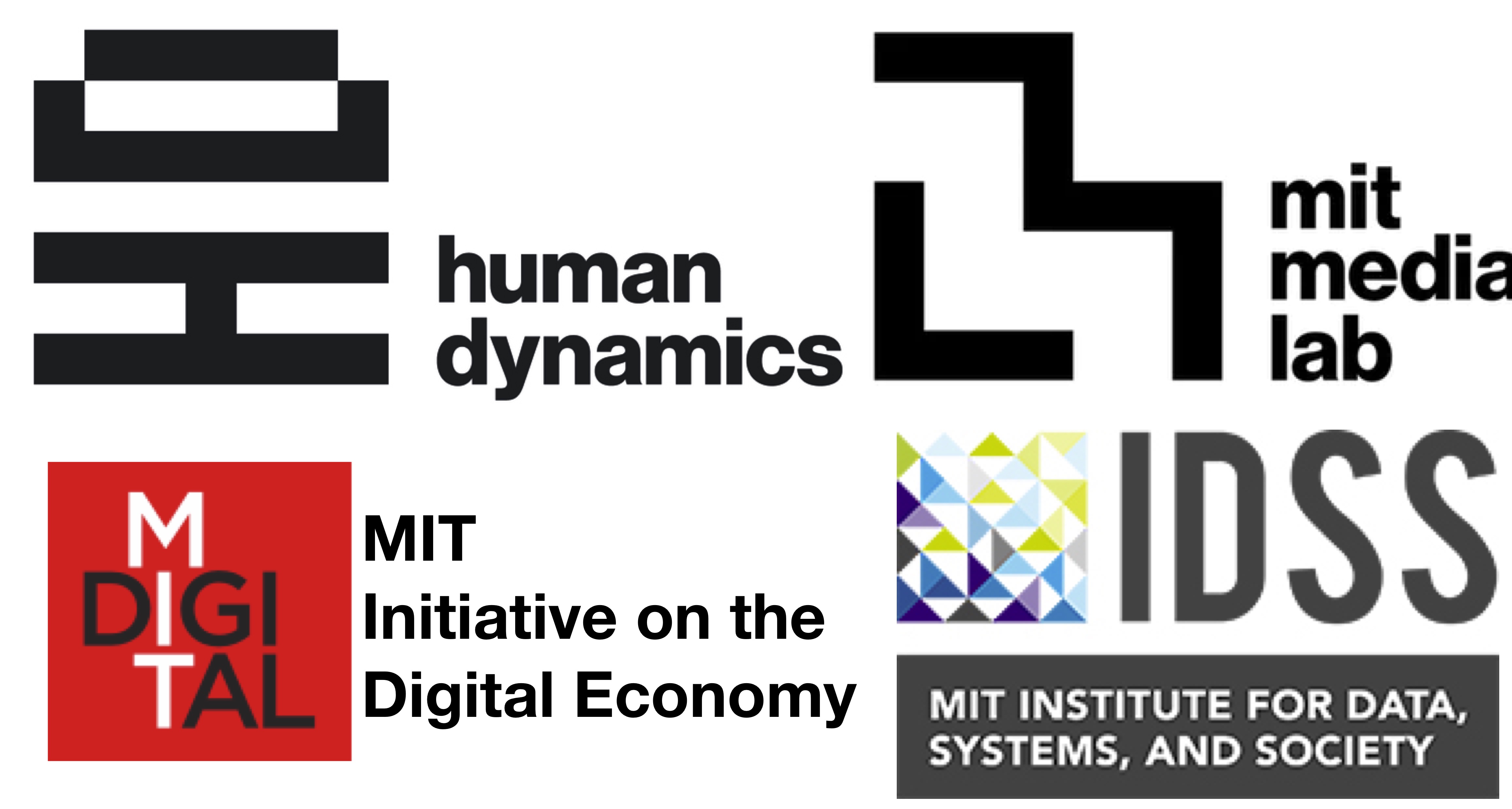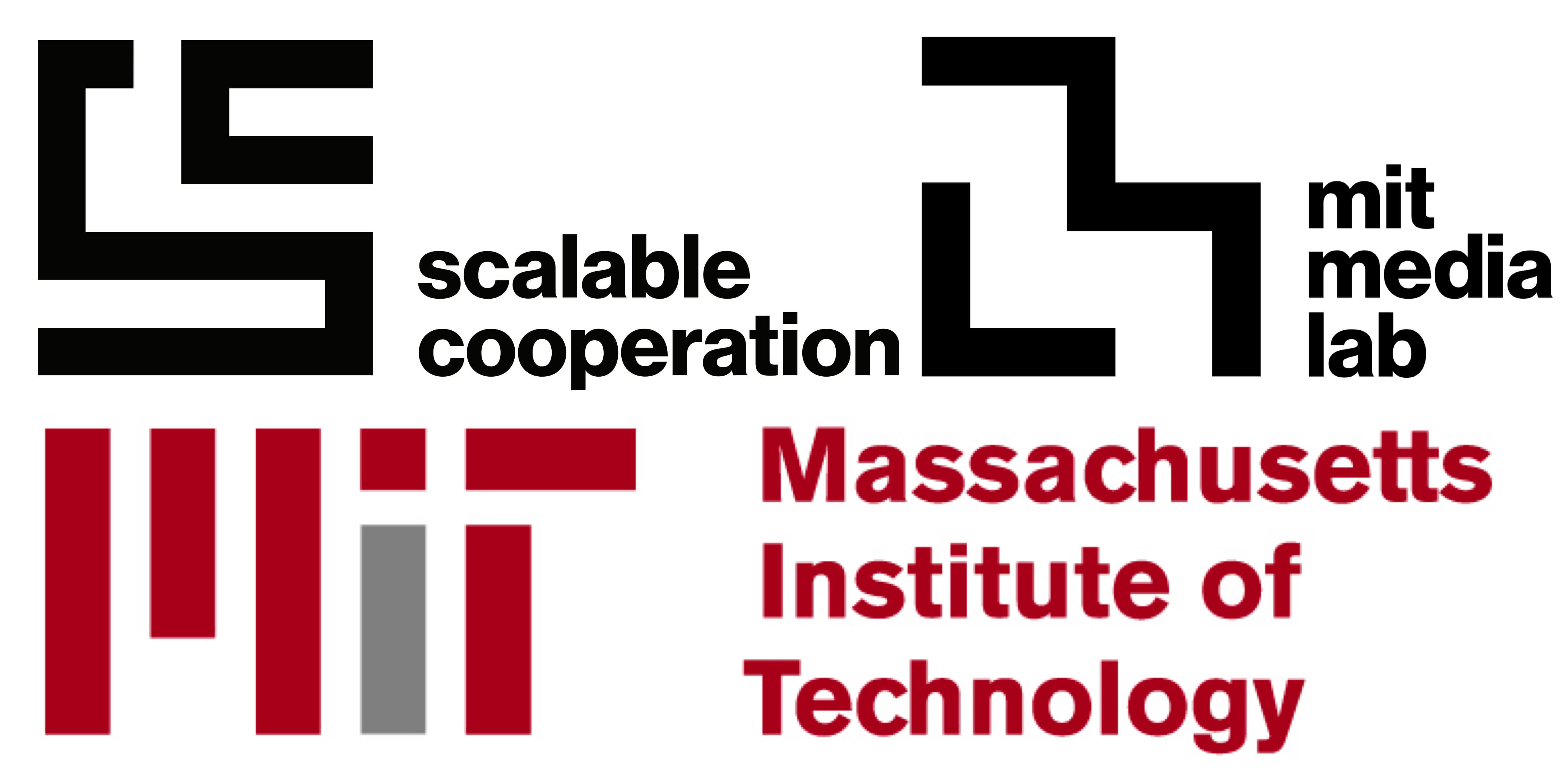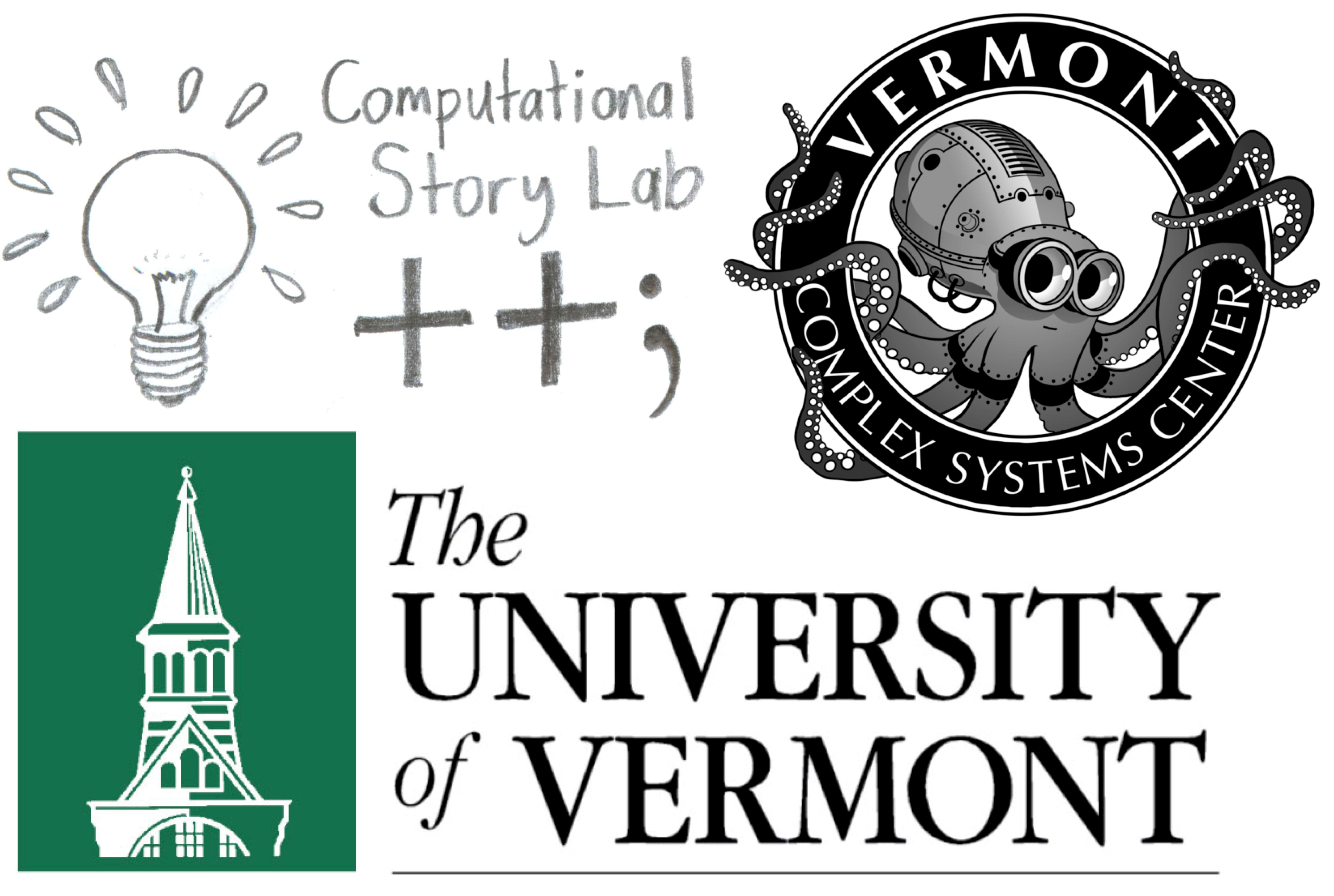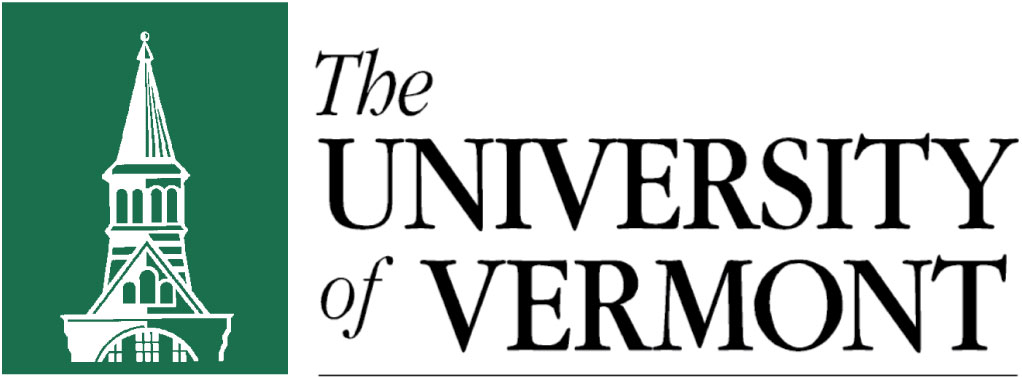My research agenda is to embrace the complexity of artificial intelligence (AI), the future of work, and the socio-economic consequences of technological change.
This goal is inherently multi-disciplinary and collaborative as it builds broadly on advances in the fields of labor economics, sociology, computational social science, network science, data science, political science, and complex systems.
Rapid advances in AI and automation technologies have the potential to significantly disrupt the nature of work and workers' social identity.
While AI and automation can augment the productivity of some, they can replace the work done by others, and will likely transform almost all occupations at least to some degree.
Therefore, researchers, everyday workers, and policy makers must understand how technology will transform the nature of work.
These alterations accumulate and diffuse throughout the entire economy and contribute to today's growing economic inequality and accompanying socio-economic and political issues.
Several barriers inhibit scientific advancement in this area.
First, traditional models fail at forecasting employment trends in real-time (e.g. the dynamic requirements of occupations).
To improve, we need new methods for characterizing and predicting AI-driven technological change. Second, empirical models lack skill-level processes thus obscuring the impact of AI technologies (e.g. skill substitution, human-machine complementarity).
We need to improve our understanding of how AI affects skills and, consequently, jobs.
Third, little is known about the social and behavioral impact brought on by modern technological change (e.g. workers' social identity, political polarization, and the opioid epidemic).
We need to understand how AI impacts soceital well-being. Social scientists and policy makers must overcome these barriers if they are to understand the interaction between AI technologies and broader socio-economics trends (e.g. urban migration, social and political identity, and employment).
I believe new computational and data-driven strategies can harness the complexity of work to produce new scientific insights and tools for policy makers.
To see this complexity, consider that technology does not act on employment opportunities directly, but rather individual technologies perform specific tasks which alter the demand for specific human skills.
Technology's microscopic perturbations to skill demand accumulate into macroscopic labor dynamics, including limits to career mobility, changing job requirements, and worker migration.
In turn, these trends impact the social well-being of workers and the economic health of society.
Improved understanding may connect technological change to growing income inequality, increased political polarization, and the rise of opioid abuse among blue-collar workers.
Instead of focusing on phenotypic labor trends, my research examines how genotypic processes around AI impact individuals and society.






